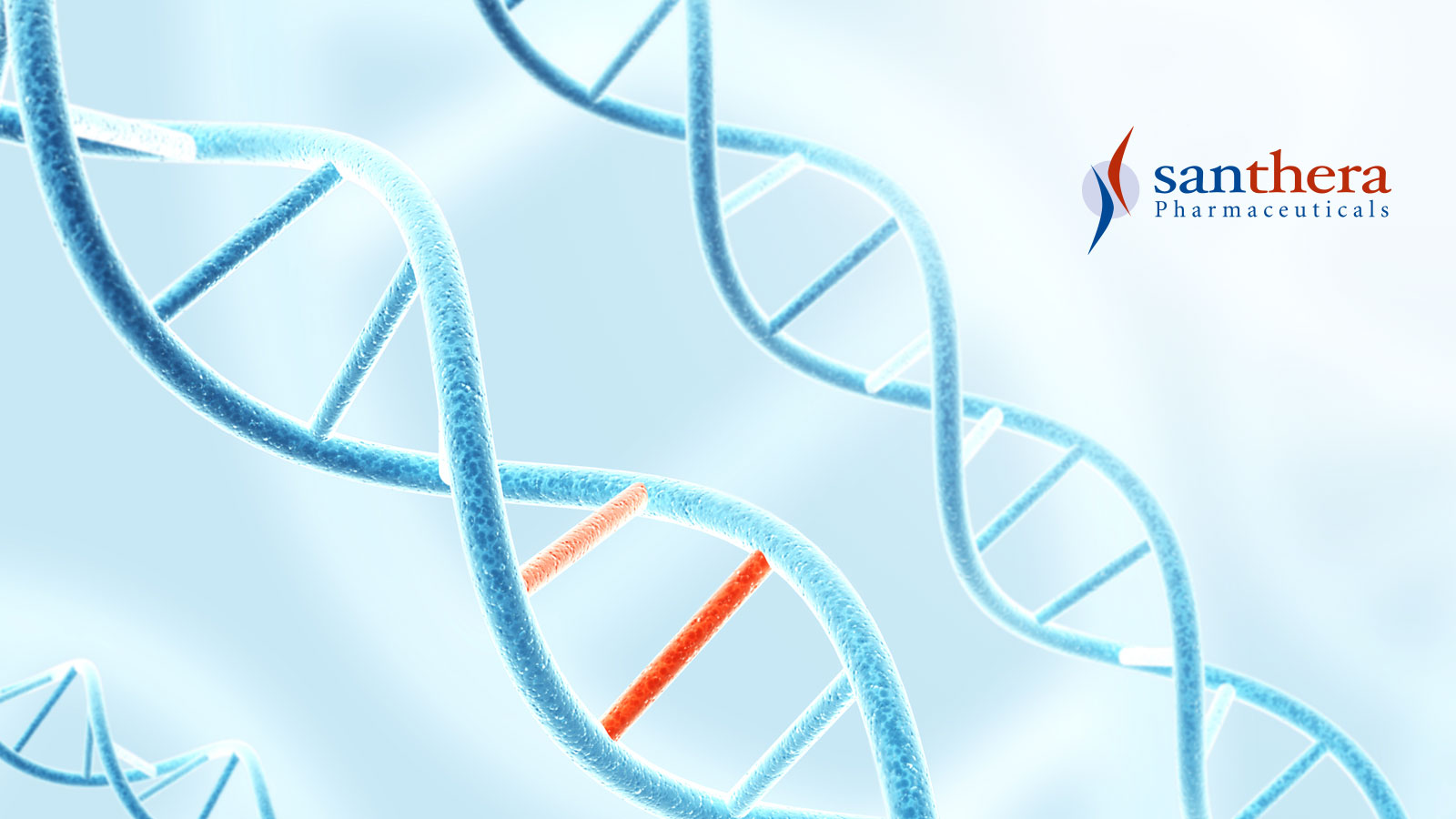Disease spotlight: Duchenne muscular dystrophy (DMD)

Newsletters and Deep Dive digital magazine

The FDA has signalled increased scrutiny of D2C pharma advertising. So why is pharma stepping up its advertising at Super Bowl LX?


A pharma company’s core mission is to improve patient outcomes. This hinges on effectively influencing HCP clinical behaviour and driving disease education.

Every breakthrough in medicine, every new treatment that changes lives, starts with research.

In a new white paper from Lumanity, explore why the most powerful AI will always be human-directed.

Sam Possemiers, CEO of MRM Health, believes that the microbiome space is finally coming into maturity.

A new industry report uncovers the scope of a long-ignored problem in clinical trial operations.

Amiculum, a global health communications agency, has entered into an exciting strategic collaboration with VuuAI, a GenAI-driven content production automation plat

The Summit is the leading European industry-focused forum dedicated to accelerating the development of messenger RNA (mRNA) medicines
Get in-depth news, opinions, and features on pharma and healthcare sent straight to your inbox